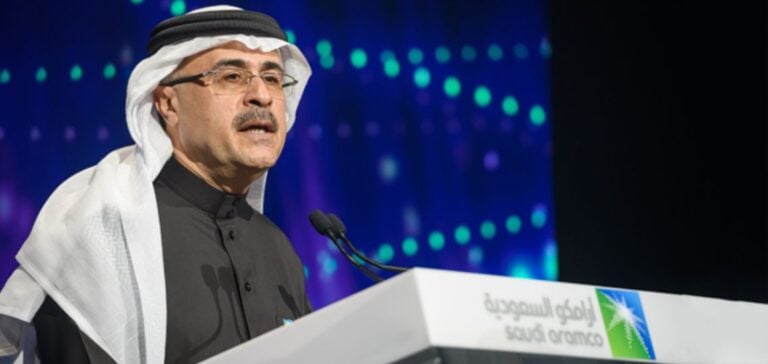At a special meeting of the World Economic Forum in Riyadh, Saudi Aramco CEO Amin Nasser highlighted the continuing growth in demand for hydrocarbons in the Global South, forecasting that this region will account for 80% of demand by 2050. By positioning itself in this market, Aramco is demonstrating the importance of not marginalizing these economies in the global energy transition, and calling for an approach that favors a global mission rather than picking winners and losers.
The reality of investment and renewable energies
Amin Nasser criticized the current focus on renewable energy investments by the global North, pointing out that: “Hydrocarbons remain vital to the economic development of the South. He emphasized the need for balanced investment in all forms of energy to ensure a fair and efficient transition.”
He also pointed out that, “despite the increase in renewable capacity, fossil fuel consumption has also risen, showing the complexity of the energy transition.”
Rationalization and Saudi Arabia’s energy priorities
As well as being the world’s largest oil exporter, Saudi Arabia is pursuing a strategy of diversifying its energy sources, with ambitious targets for renewables. Nasser also addressed the high cost of hydrogen as an alternative, a major concern for Gulf oil exporters. Saudi Aramco plans to increase its production of blue ammonia for power generation, exploiting its vast natural gas resources.
Saudi Aramco’s Amin Nasser clearly defined the challenges of the energy transition, emphasizing the need for an approach tailored to the economic realities of each region to avoid an imbalance that could harm the economies of the global South.






















